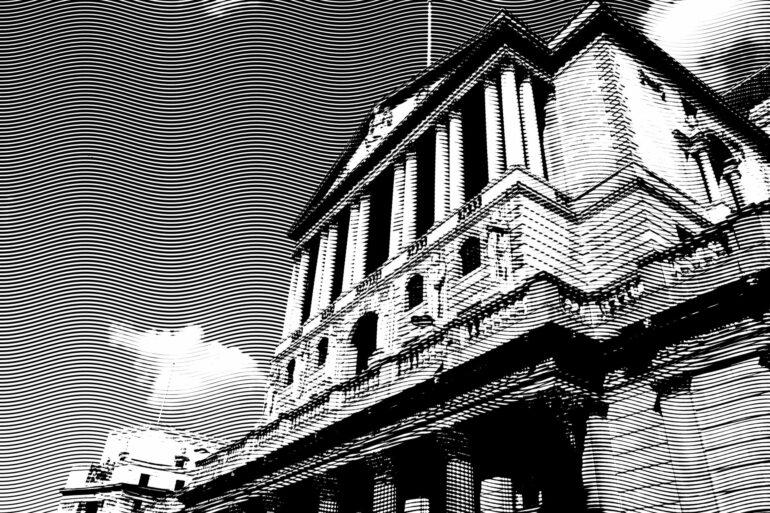The UK economy is confronting a dual challenge of stagnant growth and persistent inflation, raising concerns over stagflation—the difficult combination of sluggish economic activity and high prices. Nigel Green, CEO of deVere Group, has issued a stark warning following a surge in 30-year gilt yields to 5.25%, their highest level since the 2008 financial crisis.
Green said: “Stagflation’s grip on the UK has been exacerbated by weak domestic growth, which under normal circumstances would prompt the Bank of England to lower interest rates. However, with inflation still uncomfortably high, policymakers find themselves in a precarious position, hesitating to make moves that could further weaken the pound and worsen price pressures.”
He added that the situation presents a significant challenge for Chancellor Rachel Reeves, whose fiscal rule of eliminating non-investment borrowing by 2029 is now in jeopardy due to rising debt interest payments. Green said: “Achieving this goal will demand either politically challenging tax increases or deep public spending cuts. Both measures will hurt economic growth, amplifying the stagflationary spiral.”
With investor sentiment growing increasingly cautious, the rise in gilt yields signals concerns over the UK’s economic trajectory. Higher borrowing costs are rippling across sectors, affecting businesses and consumers who are already grappling with prolonged high interest rates.
“For global investors, the UK’s predicament is not just a warning—it’s a call to action. Stagflation may erode domestic purchasing power, but it also opens the door to undervalued opportunities in key sectors, particularly for those with a long-term strategy,” said Green. He noted that fixed-income securities are becoming more attractive due to higher yields, offering potential safe havens amid global economic uncertainty.
While stagflation poses significant risks, it also presents opportunities for investors to adapt and innovate. Green advised investors to reassess their portfolios and hedge against inflation by targeting resilient sectors such as energy, healthcare, and technology. He pointed out that history shows these industries tend to perform well even during economic stagnation.
Green also highlighted the potential benefits of a weakening pound, stating: “While a weaker pound burdens imports, it offers a competitive edge for exporters and creates opportunities for foreign investors to acquire UK assets at a discount.”
He concluded: “The looming spectre of stagflation may sound like a warning bell, but it’s also a call for decisive action. The UK’s challenges are real, but so are the prospects for those who think globally and act strategically.”



